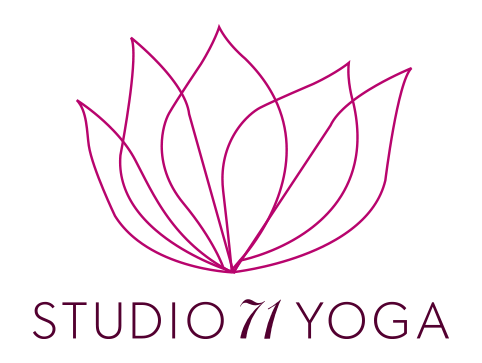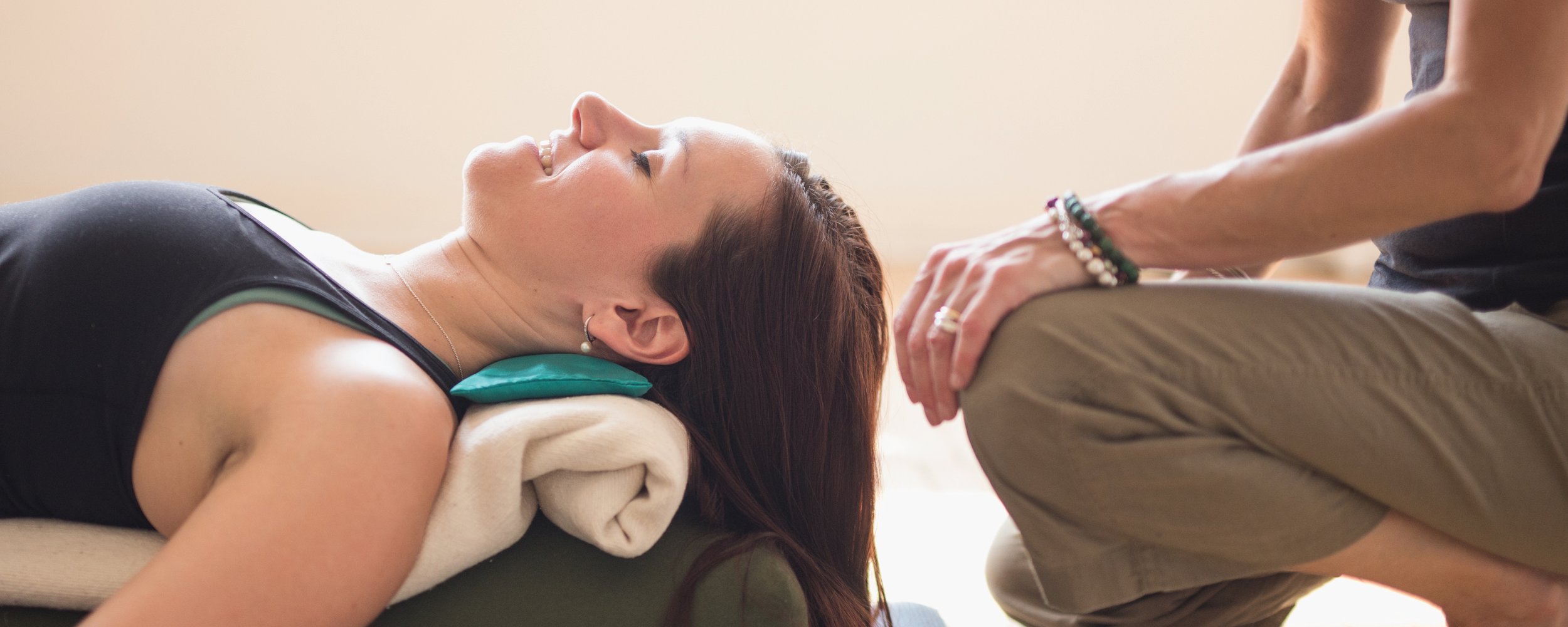Summer should be a season of bliss and easy living, but it can often come with aggravation—from high temperatures and increased traffic to disrupted schedules and vacation planning.
Below are ten tips for everyday summer stressors:
Beat the heat. High temperatures can cause lethargy, and tempers can flare. Ensure your fans and air conditioning are working properly, stay hydrated, and dress in lightweight, breathable clothing to stay comfortable.
Have a traffic plan. Expect the roads to be busier, and plan for your travels. With summer road construction, traffic jams are inevitable. Consider alternative routes and leave earlier to avoid traffic. Utilize public transportation or carpool with friends and family when possible.
Keep the kids entertained. Plan for childcare and activities if you're juggling work and having your children or grandchildren at home during the summer. Look for summer camps or create a schedule with designated activities and events. And remember—all that running around can cause more stress, so include some downtime.
Plan your vacation with care. Vacations should be a time to relax and unwind. However, whether you visit family or they visit you, stress is inevitably packed in someone’s suitcase. Avoid last-minute planning by creating a detailed itinerary beforehand. Consider budget cuts to reduce costs. Plan for a buffer day so that you can adjust to catching up on other tasks upon your return.
Stay on top of work responsibilities. Summertime can lead to extra workloads before and after your vacation. It can also be a slow time for some businesses, affecting income. And it can mean more work for some seasonal businesses. Either way, stress can result. Make a to-do list and tackle more significant assignments earlier in the day when you’re most motivated.
Tackle home chores efficiently. Take care of your home and garden regularly in small increments of time. Prioritize your tasks, and don’t try to tackle everything at once. Consider delegating chores to others or hiring a professional.
Prioritize your leisure activities. Don’t overcommit yourself by trying to do everything. Schedule time for relaxation and self-care, and choose activities that best fit your interests.
Be aware of alcohol consumption. More outdoor and leisure time may mean you’re busier than ever—perhaps drinking and partying more. Being responsible and safe is essential. Drink in moderation and always have a designated driver. Be mindful of others' experiences and tolerance of noise levels, as well as your own.
Celebrate your body. Wearing lighter clothing—and fewer clothes—can come with increased self-consciousness. Summertime can bring up body issues along with sleepless tops, shorts and bathing suits. It’s important to embrace your body and celebrate it! Wear clothing that you feel confident and comfortable in.
Choose healthier food options. Summer often includes indulging in junk food and fast food, and it may be too hot to cook. A healthy summer diet can improve your mood and reduce stress levels, so opt for lighter, fresher, easy-to-prepare meals, such as salads and grilled vegetables.
In addition, remember these top five stress reducers:
Breathe (deeply and slowly)
Lighten Up (laugh, smile, be playful, and have fun)
Change (locations, activities, or people you’re with)
Be Physical (exercise, walk, play a game, weed/garden)
Relax (in the tub, take a nap or a shower, sit in the sun/shade, do nothing)
And Do Something Nice or Kind for someone or the planet (it doesn’t have to be big, and it can be anonymous).
Following these tips can make your summer a fantastic time full of relaxation, fun, and healthy habits.
With joy and gratitude,
Jeannine
Author’s content adapted and used under license, © Claire Communications







